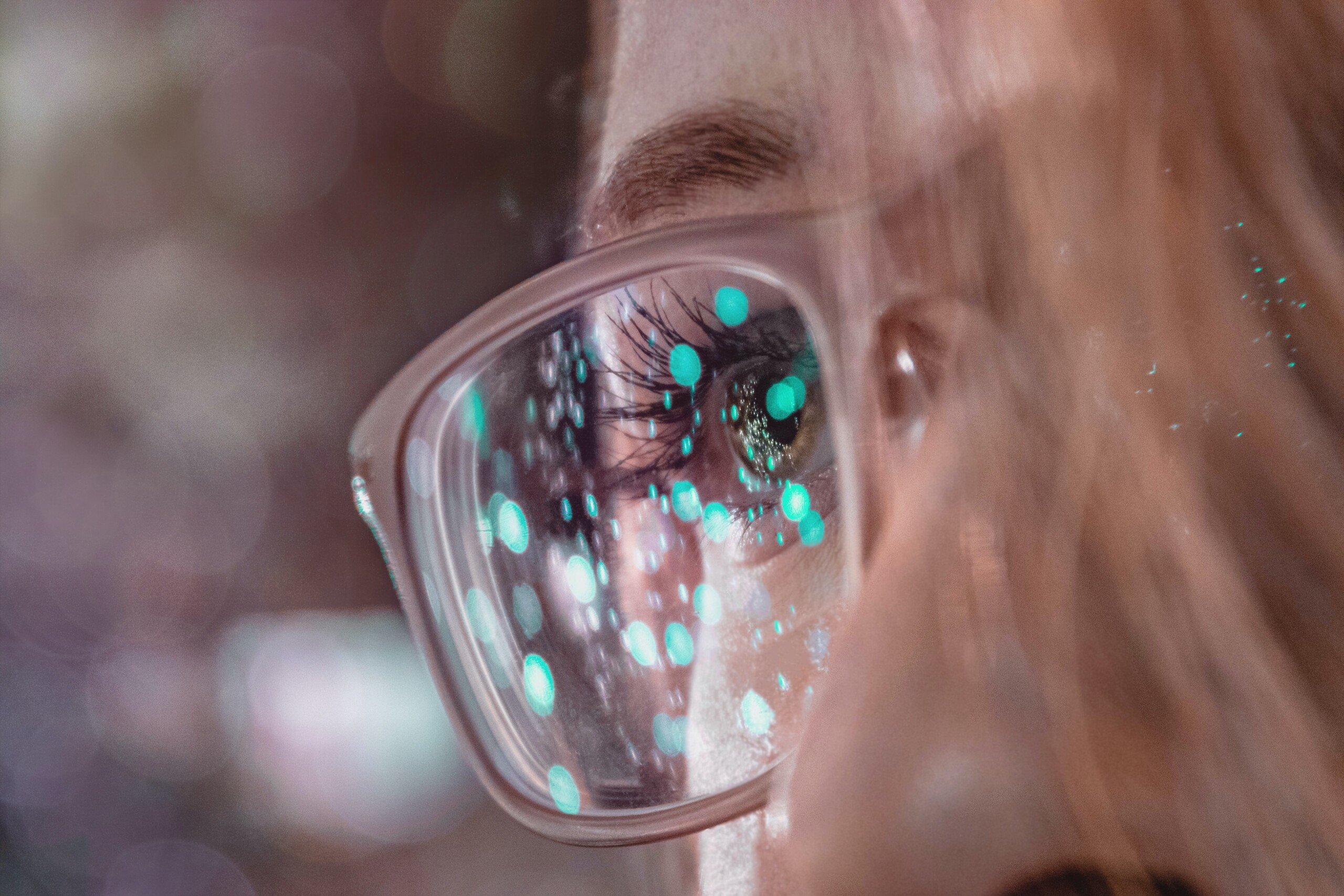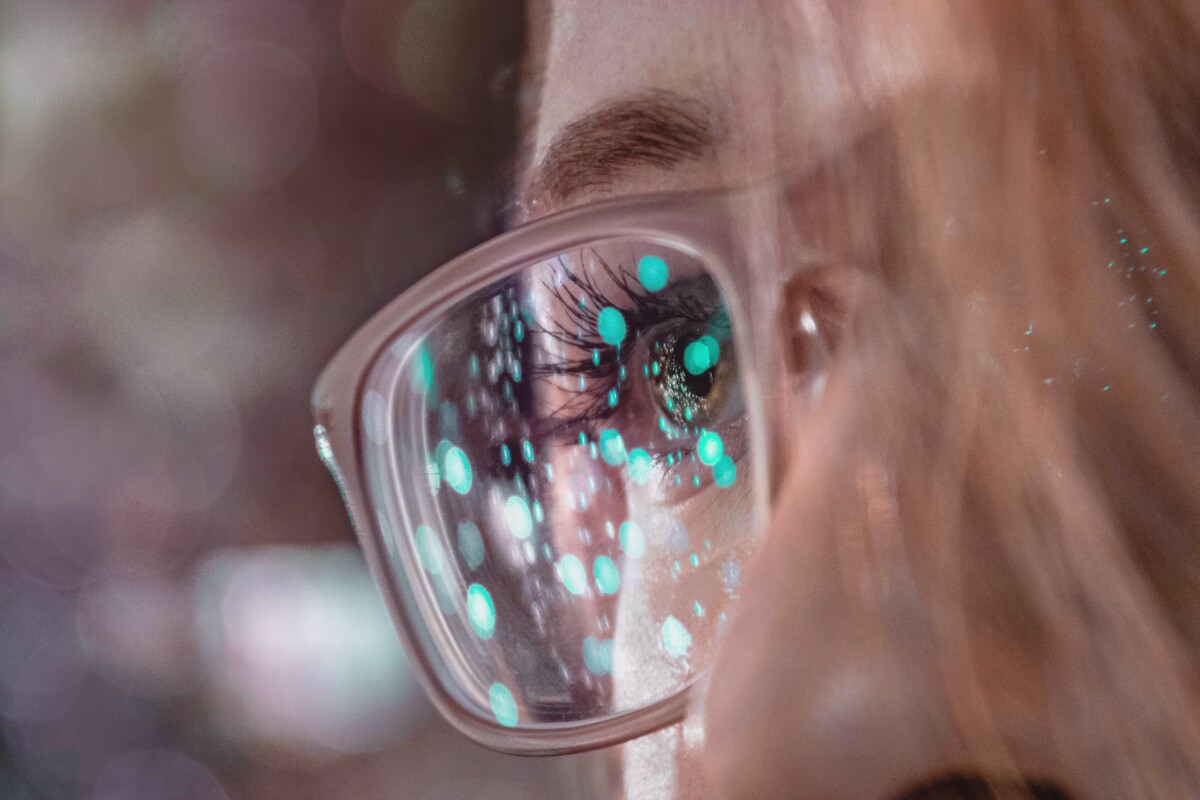
The most detailed study delivers its verdict
Each of us has lived with small but constant details, which over time grow disproportionately. For me, it was an anti-reflective blue filter on my glasses—an option I never chose, but had to put up with. A very important study is going in my direction.

It is often said that details make all the difference. For my part, for a whole year I encountered a very special detail: the blue anti-reflective filter on my glasses.
After an order went wrong with my optometrist, I received these specific lenses. Out of embarrassment or perhaps out of politeness, I never dared to speak to him about it. In hindsight, I should have told him. Why ? When these glasses filter out blue light, they absorb some of that light, causing a slight predominance of the other colors of the spectrum, especially yellow. So, when I use these glasses, I see a slightly warm or yellowish tint. But did you help me?
While blue light has gotten a lot of attention in recent years, including with the filters built into our screens and supposed goggles, a massive recent study has attempted to settle the controversy.
Disclosure of results from the Cochrane review
Cochrane, a leading journal, highlighted Results of 17 randomized clinical trials conducted in 6 different countries. The purpose of these tests was to investigate the harmful effects of blue light, found between 380 and 450 nanometers in the visible spectrum, particularly emitted from our screens (but also from the sun). The general idea is that this light strains our eyes and disturbs our sleep.
However, according to this comprehensive review, there appears to be insufficient evidence that blue light is harmful. Furthermore, the usefulness of glasses that are supposed to filter this light is called into question. The study indicated that many of the clinical trials on this topic were of low quality. For example, only a third of the studies were included in the clinical trial registry, and less than half provided baseline statistics for trial completion.
Furthermore it, There is no evidence that these filters protect the retina from damage. In summary, The study concluded that there may not be an immediate benefit to using filter lenses to reduce visual fatigue.
Side effects: myth or reality?
The study didn’t just look at the effectiveness of the glasses. It also considered potential unwanted side effects. The results showed that the side effects were minimal and likely to be due to wearing glasses only. Symptoms such as headaches and low mood were reported, but were similar whether or not the glasses filtered blue light.
Based on the findings, Dr. Singh said: The blue light our eyes see from artificial sources is minuscule compared to natural daylight. Also, to filter out a lot of blue light, lenses must have a distinctly amber tint, which dramatically alters color perception. »
Do you want to join a community of enthusiasts? Our disagreement Welcomes you, it is a place of mutual assistance and passion for technology.

“Incurable web evangelist. Hipster-friendly gamer. Award-winning entrepreneur. Falls down a lot.”
